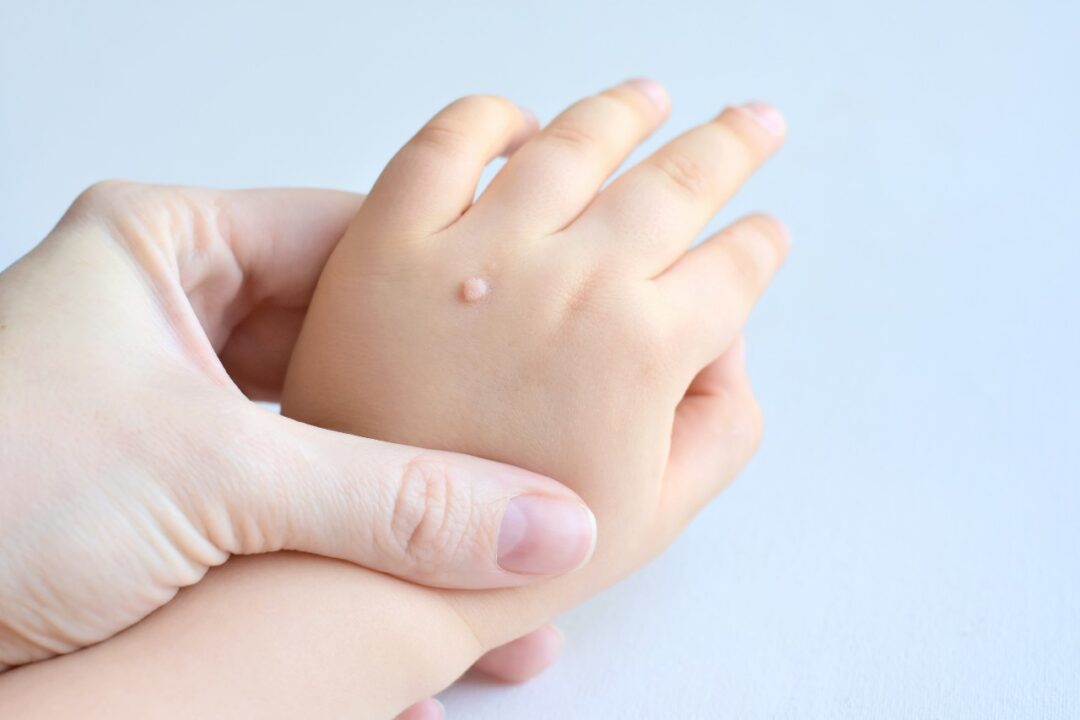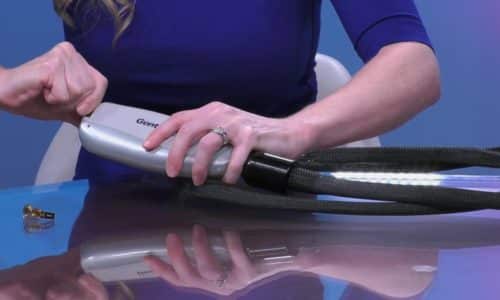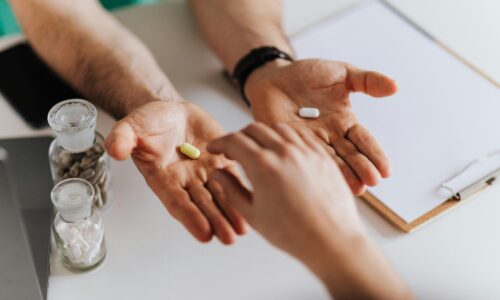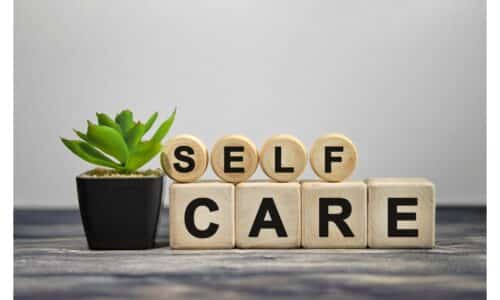Are there any home remedies for plantar warts? |

Plantar warts occur on the sole of the foot and look very similar to calluses. Sometimes they grow into wider clusters called mosaic warts. They are caused by the human papillomavirus (HPV), which enters the body through tiny cuts and breaks in the skin. Plantar warts often develop beneath pressure points such as the heels or balls of the feet. Unlike other warts on the body, they grow inward and can be much larger than they appear on the surface. Because of their location and size, plantar warts are frequently painful when walking.
Where does the virus come from? The virus that causes plantar warts is commonly present in warm, moist environments, such as shower floors, locker rooms and public swimming areas. Walking barefoot in these public places may expose you to the virus.
What can I do for plantar warts? Plantar warts often go away on their own, although this may take months or even years. In most cases, initial treatment should be conservative, giving the body’s immune system a chance to take care of the problem. When symptom’s
dictate, reasonable self-care measures to address discomfort or hasten resolution include:
- Applying a doughnut-shaped piece of moleskin around the wart to remove pressure on the sole of the foot while walking. Moleskin is commonly used for relief of blisters and is available in most drug stores.
- Gentle removal of the thickened skin overlying the wart with a pumice stone. This is best done after softening the skin by soaking in water. While this does not address the active viral infection beneath the skin, it can offer some relief when walking.
- Applying an over-the-counter “wart remover” is another way to remove the excess build-up of thickened skin overlying the wart. Examples of these, available in most pharmacies, include Dr. Scholl’s Wart Remover, Occlusal, and Compound W. Typically, these are applied following soaking and will need to be used daily for several weeks. In some cases these topical medications may activate the body’s immune system leading to resolution of the wart.
- Although not confirmed scientifically, a common “folk remedy” involves the use of duct tape. The tape is applied over the area of the wart following removal of the overlying thickened skin. As with the OTC wart removers, this treatment may take several weeks to see results.
What if self-care measures are unsuccessful? More aggressive treatment for plantar warts includes the use of a laser, freezing (cryotherapy), and burning and scraping (electrocautery and curetting). These may be considered for persistent warts or those that are particularly painful. Newer treatment involves the use of medications e.g. dinitrochlorobenzene (DNCB) to encourage the body’s own immune system to attack the wart virus. Due to the possibility of painful scarring, surgical removal of plantar warts is usually considered only as a last resort.
How can plantar warts be prevented?
- Wear flip-flops, shower thongs, or sandals in public facilities such as showers, locker rooms, or around swimming pools since the virus may be present on the floors.
- Keep your feet clean and dry in order to prevent the moist conditions in which the virus thrives.
- Avoid touching a wart on someone else since, like other viruses, it can be spread through direct contact.
- Don’t share towels, socks, or shoes with another person to prevent exposure to the virus.
- Avoid picking or scratching one’s own warts to keep it from spreading.
- If using a pumice stone or emery board for treatment, don’t use the same one on healthy skin or nails.
The potential effectiveness of most home remedies should be apparent after a few weeks of treatment. If the diagnosis is in question or if self-care measures are unsuccessful, it is best to seek medical attention. People with diabetes or conditions affecting blood flow to the feet should consider medical evaluation prior to trying most of these self-care measures.
If you have any more questions just Ask Hanna, our health advisors are here to help.
Image: ©Shutterstock / Ivanova Tetyana








